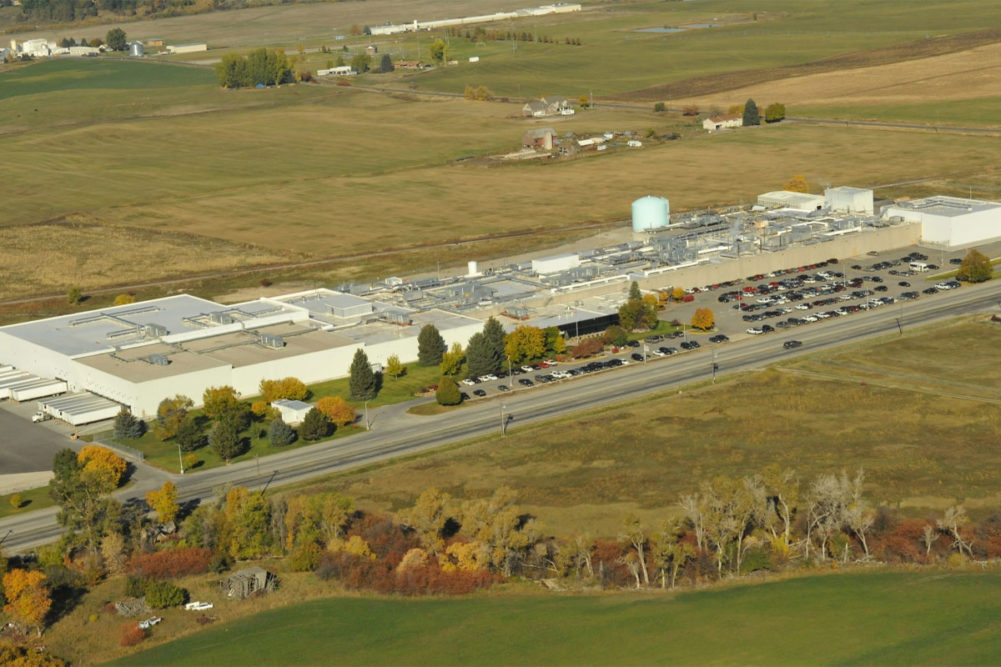CAMDEN, NJ. — Campbell Soup Co. said it will invest approximately $160 million in its manufacturing facility in Richmond, Utah. The investment will include a new manufacturing line that will increase the plant’s output of Goldfish crackers by 50% as well as the buildout of an onsite flour mill that will be separately owned and operated by Utah Flour Milling, LLC.
According to Campbell Soup, the new manufacturing line at the Richmond plant will allow the company to produce more than 5 million Goldfish crackers per hour, or about 1,500 Goldfish per second.
“Goldfish is an iconic brand that is quickly approaching a billion-dollar business, and this investment demonstrates our commitment to the growth of our brands and the communities where we operate,” said Chris Foley, executive vice president and president, Campbell Snacks.
Campbell Soup’s Richmond plant has made Pepperidge Farm products for 50 years and, together with the company’s operations in Logan, Utah, employs more than 400 people in the Cache Valley region. The latest investment will add more than 80 jobs, Campbell Soup said.
Campbell Soup said the new Goldfish line is expected to be operational by the end of 2024. It will be the company’s third Goldfish capacity expansion in the past two years, following expansions in Lakeland, Fla., and Willard, Ohio.
Campbell Soup’s announcement of its investment in Richmond coincided with an announcement from Utah Flour Milling, LLC that it would build its new flour mill and custom mix facility next to the Campbell Snacks plant.
“We are thrilled to have secured a long-term supply agreement with the Campbell Snacks bakery in Richmond and look forward to supporting their Goldfish expansion project,” said Gina Steffens, chief executive officer of Denver-based PHM Brands, which along with Japan-based NIPPN Corp. formed Utah Flour Milling earlier this year. “The onsite flour mill will ensure continuous flour availability for Goldfish and Pepperidge Farm cookie production while improving manufacturing performance and efficiency. Ultimately, the project in Utah is the result of critical partnerships with Campbell, NIPPN Corp. and Bratney Companies, which are all very important to us.”




